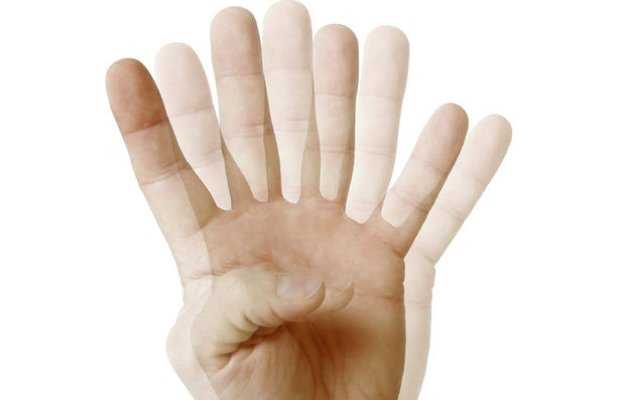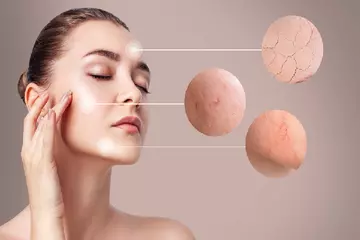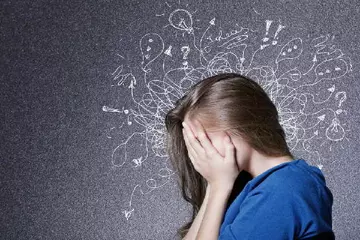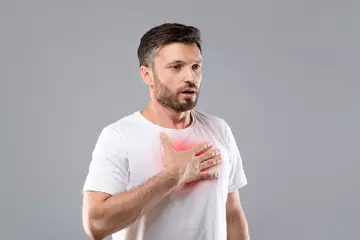Diplopia or double vision is seeing double or seeing two images when you should be seeing one. People with double vision may see the images
- Side by side (horizontal)
- One on top of the other (vertical)
- Joint diagonally (oblique)
- Both side by side and on top of each other
More often than not, double vision occurs because of an eye disorder. Though sometimes double vision may be a sign of an underlying problem like Graves' disease, a thyroid dysfunction (hyperthyroidism) that can cause vertical diplopia. Double vision—along with drooping eyelids—may be a sign of stroke. On the other hand, some patients may develop double vision after having a stroke.
There are two types of double vision:
- Monocular double vision affects one eye. For example, someone with double vision in the right eye would see double if they closed their left eye but normal if they closed the right eye.
- Binocular double vision is a condition in which the person sees double while looking through both eyes—if they closed either one of their eyes, the problem would go away. This type of double vision may sometimes be a sign of a neurological problem.
One of the most common reasons for monocular double vision is dry eye syndrome, which affects the tear film covering the eye. Cataracts and problems with the cornea such as astigmatism and keratoconus can also lead to this vision problem.
Binocular double vision may be the result of health conditions like cross-eyes (strabismus), myasthenia gravis, Graves' disease and diabetes. Trauma to the face or head may also cause double vision.
Sometimes the cause is something as simple as the need for new prescription glasses—spectacles that are bent or badly scratched can also cause double vision. At other times, the cause and its treatment are more serious—as with Guillain-Barre syndrome, an autoimmune disease that attacks the nerves and the patient's symptoms get progressively worse.
Double vision is a symptom rather than a disease. The treatment depends on the cause. For example, something like dry eyes may be resolved with artificial tears while myasthenia gravis would require medicines like corticosteroids or even surgery.
Read on to know all about double vision: its symptoms, causes, diagnosis and treatment.

 Doctors for Double Vision
Doctors for Double Vision  OTC Medicines for Double Vision
OTC Medicines for Double Vision


























